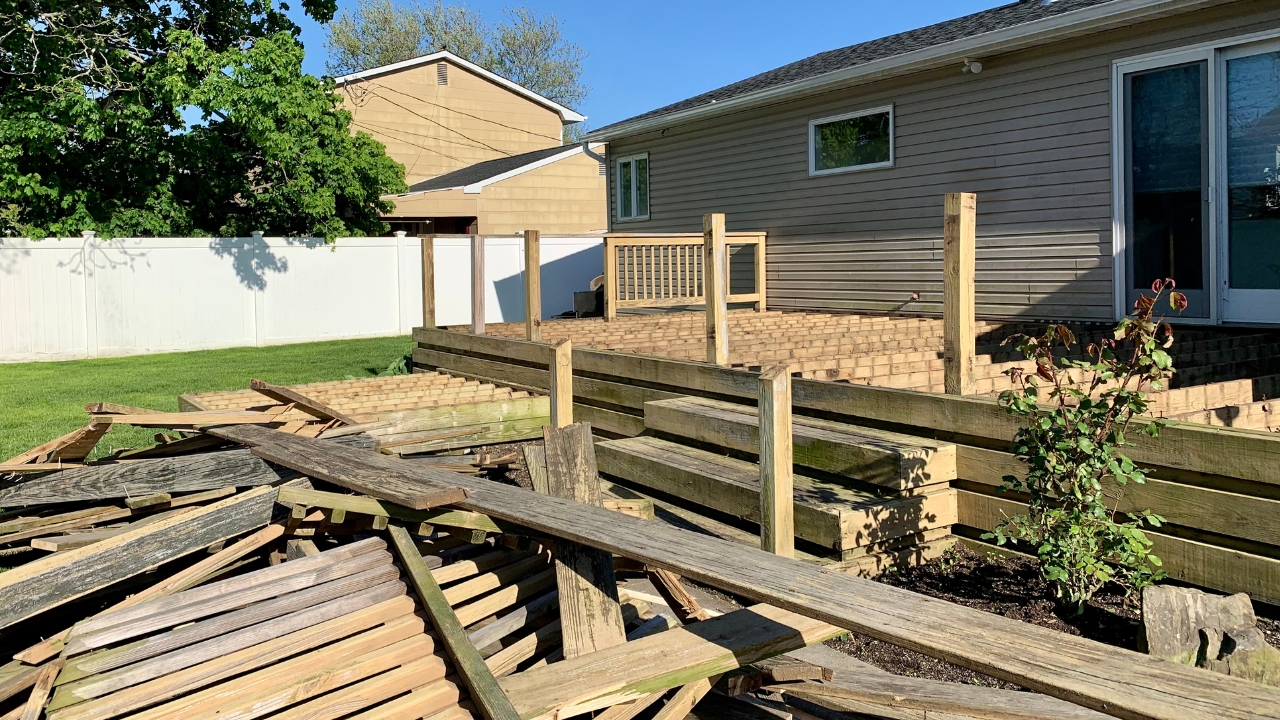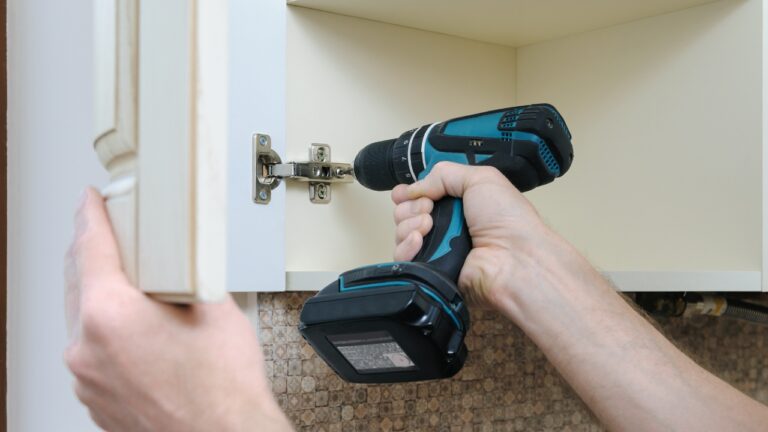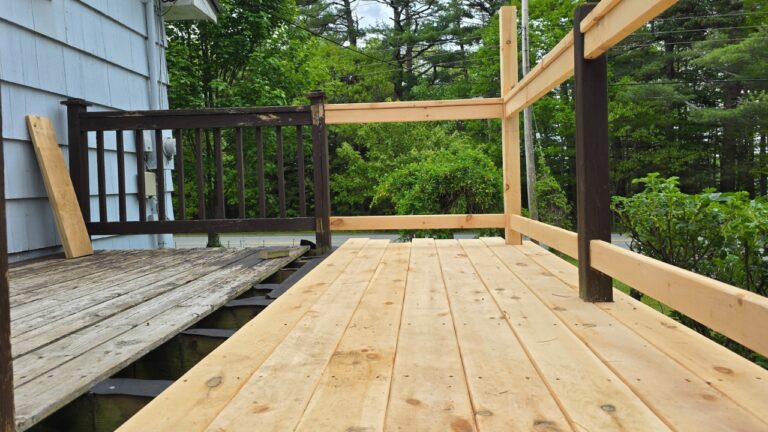Mobile Home Costs That Keep Popping Up Even After You Move In
Getting your mobile home on land is only half the story. Once you’re in, the ongoing costs start to show up—and if you didn’t plan for them, they can hit hard. Some are obvious, but a few will sneak up on you over time. These are the recurring or surprise expenses most folks don’t talk about until they’re already dealing with them.
Skirting Repairs and Upkeep
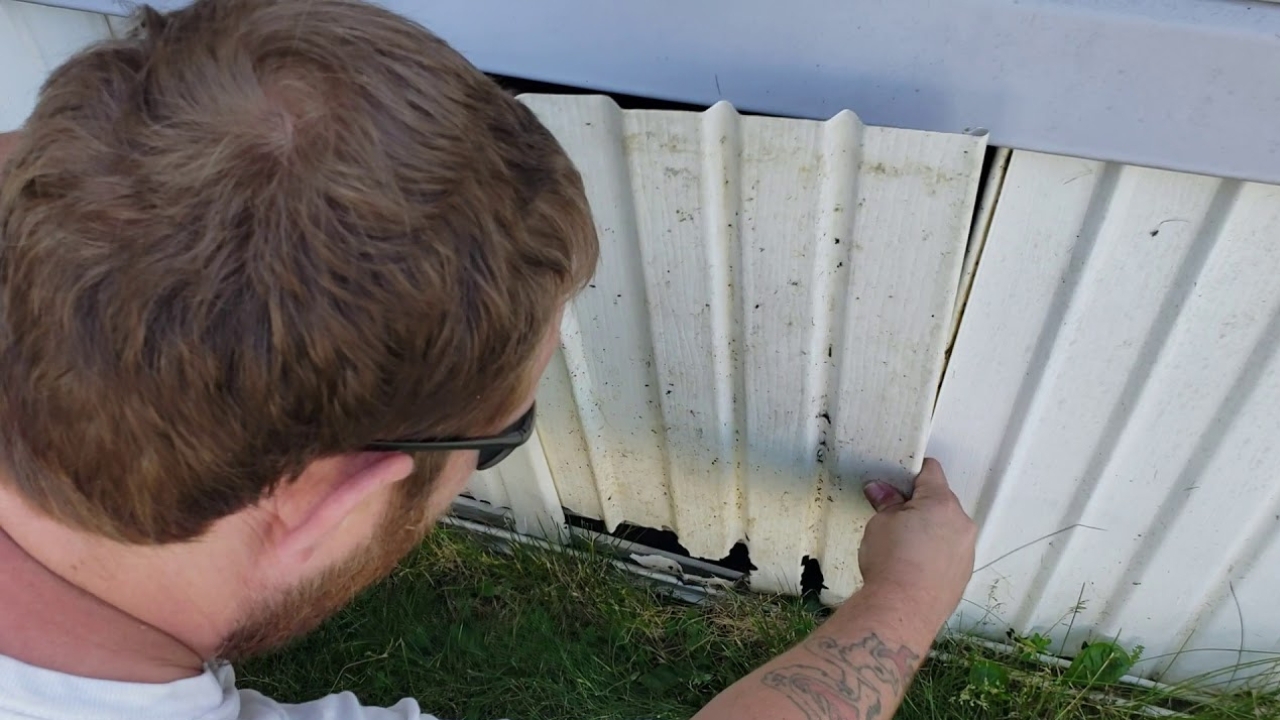
Mobile home skirting keeps out pests and protects your plumbing, but it’s not set-and-forget. Weed trimmers can tear it up. Wind can rip it off. And if water builds up nearby, it’ll start to buckle. You’ll probably end up replacing panels or tightening things down more than once a year. If you went with cheaper vinyl, expect to babysit it even more.
HVAC and Duct Maintenance

Most mobile homes use packaged HVAC systems with flex ducts that run underneath. Those ducts can collapse, sag, or get chewed by animals. Even if everything’s sealed, airflow in mobile homes tends to be uneven, so you might end up calling someone to rebalance or clean your system more often than you’d think. Skipping it can send your power bill through the roof.
Leveling the Home Again
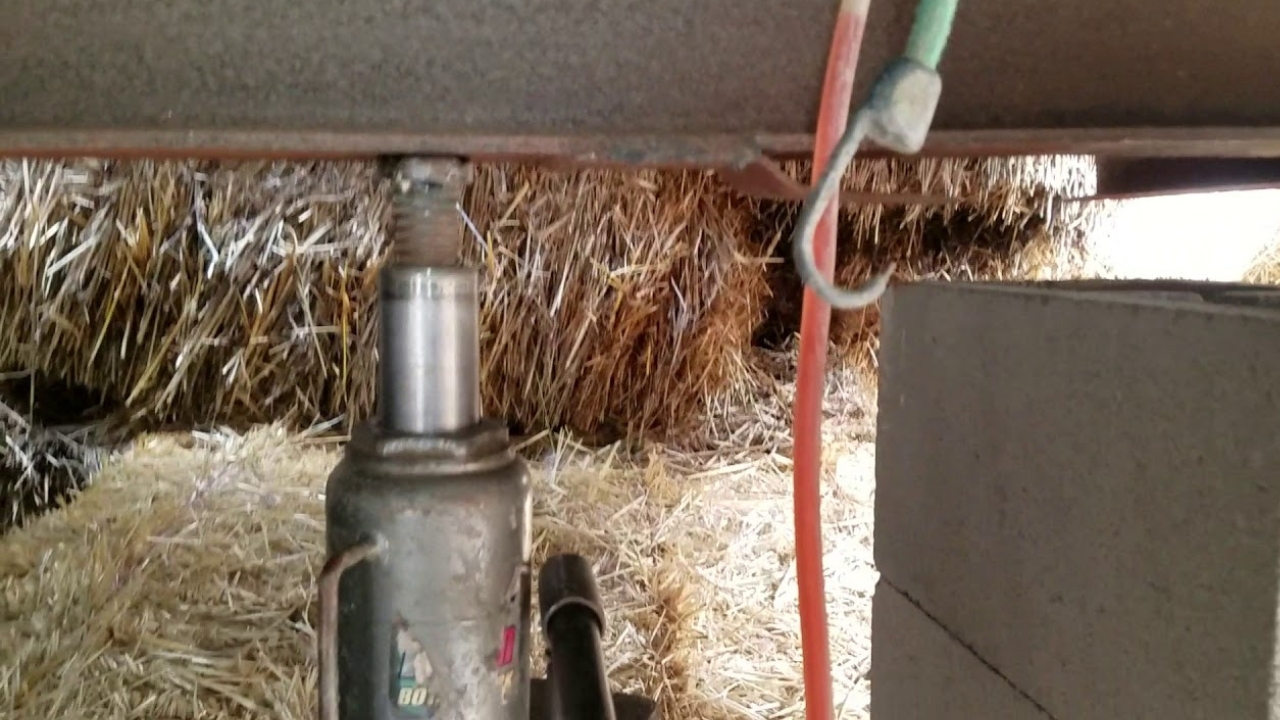
Your mobile home was leveled during setup—but it won’t stay that way forever. Over time, the ground shifts, especially if the pad wasn’t compacted right. Doors may stop closing right, floors might creak more, or your plumbing could start draining slow. If that happens, you’ll need to call in a pro to relevel it, and that’s usually a few hundred dollars minimum.
Higher Utility Bills Than Expected
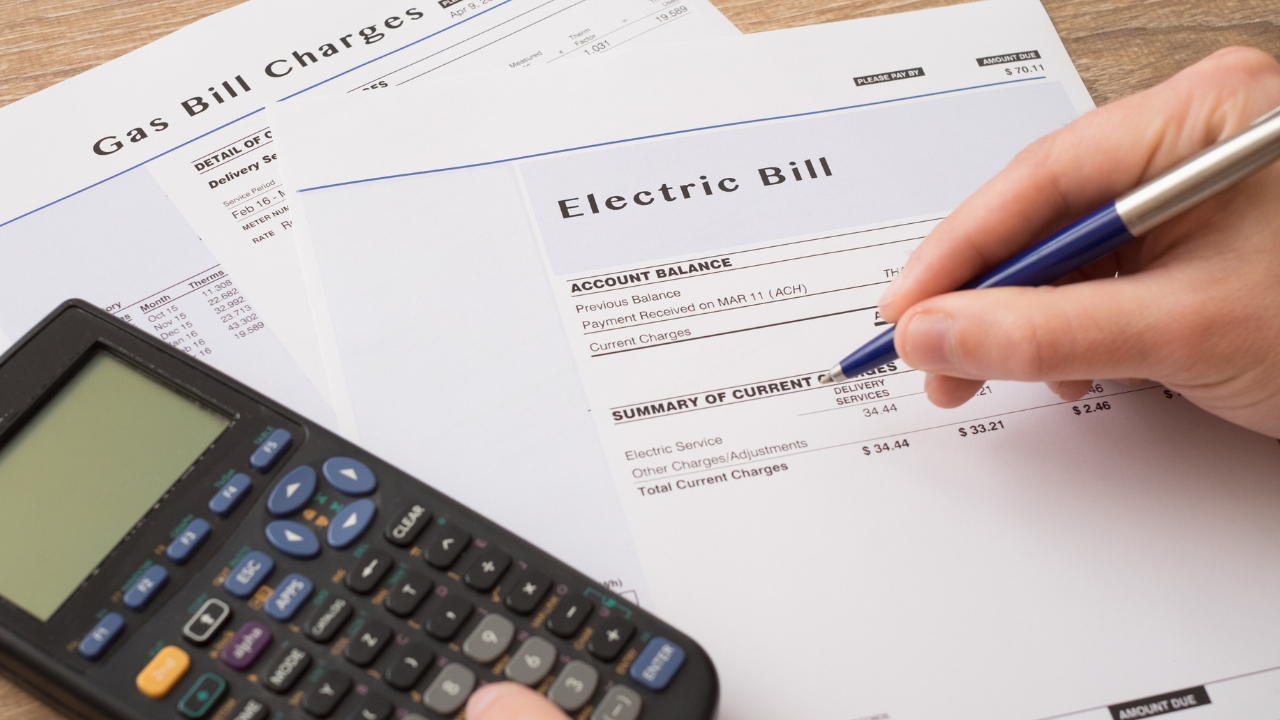
Even well-insulated mobile homes often struggle to keep heat in during winter and out during summer. If your skirting’s thin, windows are older, or your HVAC system isn’t efficient, you’ll probably notice your utility bills climbing. Some owners eventually add insulation underneath or swap out windows—but those fixes cost money, and the bills keep rolling in until you do.
Pests Under the Home

That crawl space can turn into a critter hotel fast. Skirting isn’t foolproof, and once a possum, skunk, or raccoon gets under there, it’s a mess to deal with. You might also find ants, spiders, or wasps sneaking in through tiny gaps. Regular pest control becomes part of life, and sometimes you’ll need to hire someone to fully clear it out.
Weak Flooring and Soft Spots
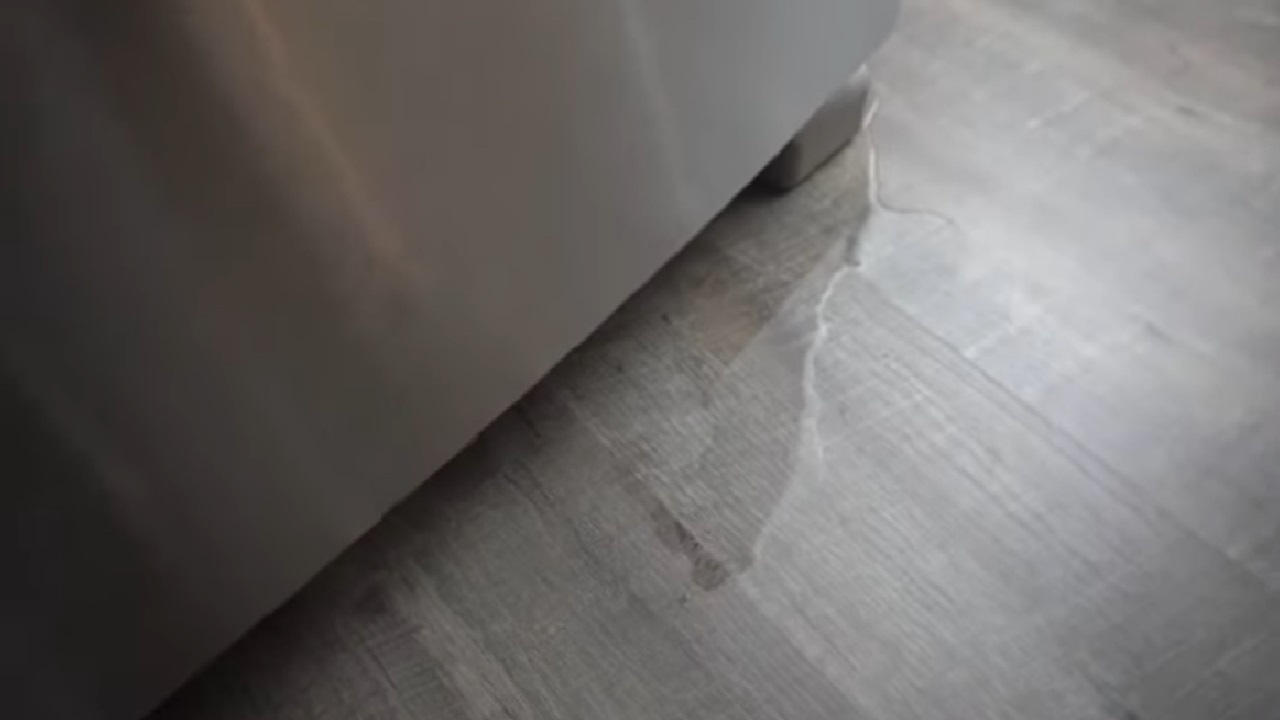
The subfloor in many mobile homes is made of particle board, which doesn’t always hold up to moisture. A small leak from a toilet or water heater can lead to soft spots, especially if it goes unnoticed for a while. Replacing even one patch of flooring means pulling up layers and possibly trimming cabinetry to make it fit again.
Settling or Shifting Decks and Steps
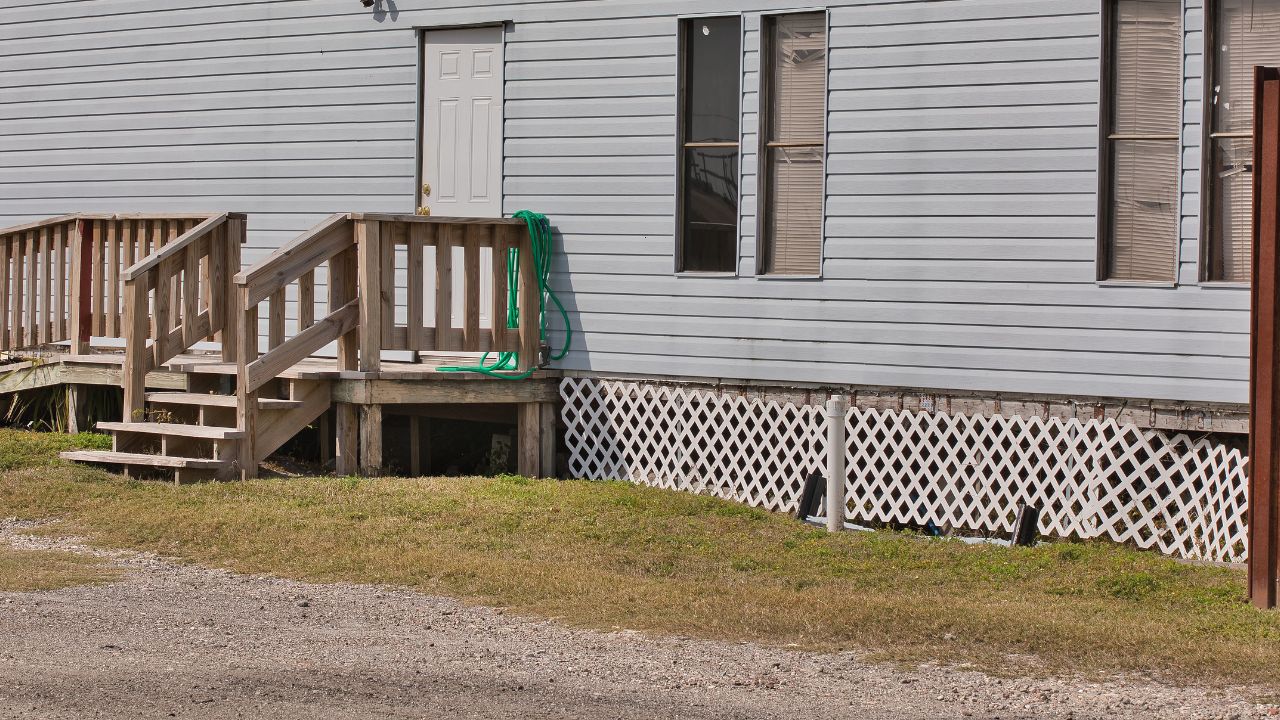
If you added a porch or stairs after move-in, they may not be as stable as you hoped. Most aren’t anchored to the home itself, so over time they settle differently. You might notice gaps where they pull away or wobbly boards that need tightening. Keeping everything safe and usable means occasional rebuilds or re-leveling work.
Septic Pumping or Sewer Backups
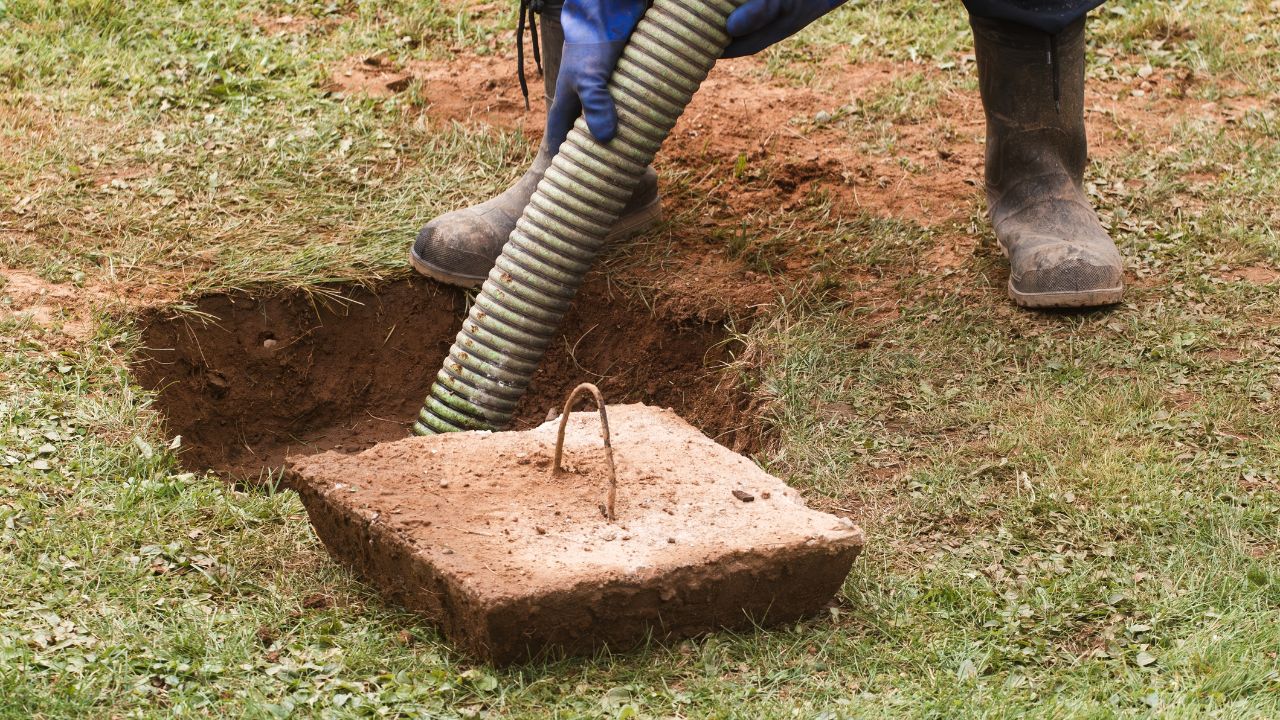
If you’re on a septic system, it will need regular maintenance. Even if everything looks fine, solids build up over time and need to be pumped every few years. Forgetting that—or using the wrong toilet paper—can lead to clogs and backups that are nasty and expensive. If you’re on city sewer, backups can still happen if tree roots get in the line.
Roof Sealing or Resealing
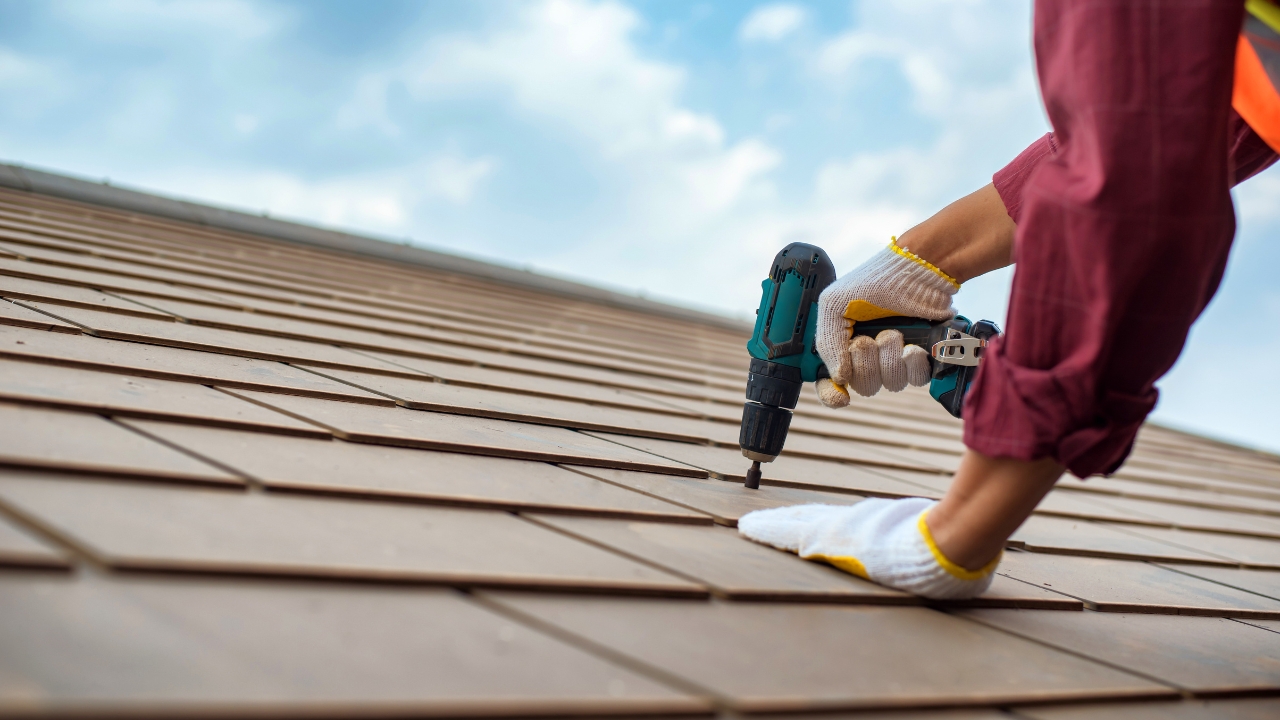
Many mobile homes have metal or low-slope roofs that need to be resealed every couple of years. Sun, rain, and wind wear the coating down fast. If you don’t stay ahead of it, leaks can sneak in and damage the insulation or ceiling inside. Resealing isn’t a major job, but it’s another cost and another thing to remember on your list.
Trash, Water, and Property Taxes

Once you’re settled in, the monthly bills start stacking up. Trash pickup usually isn’t included, so you’ll need to set that up and pay for it separately. If you’re on city water, that bill comes too—and if you’re on well water, you’ll have maintenance costs instead.
And don’t forget property taxes. Even if your mobile home is paid off, owning the land means the county’s going to send a bill, and that bill might be higher than you expected once the home gets added to the tax roll.
*This article was developed with AI-powered tools and has been carefully reviewed by our editors.

